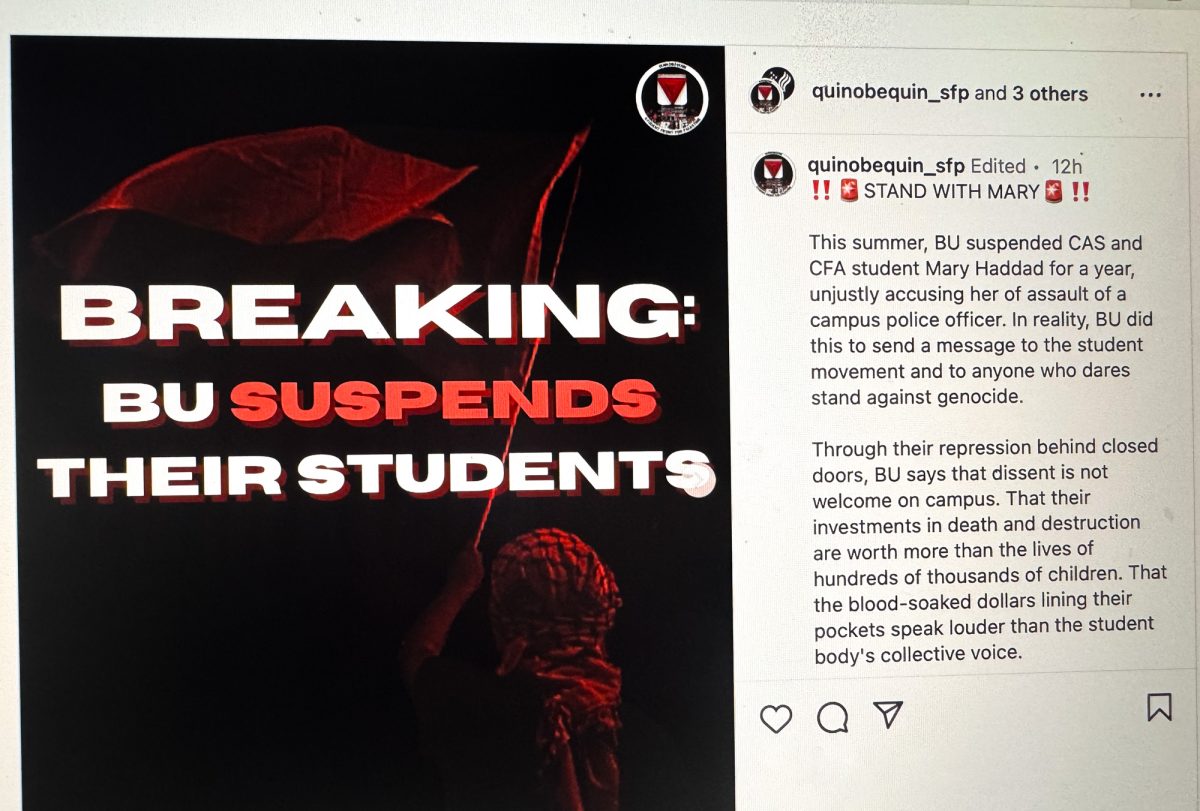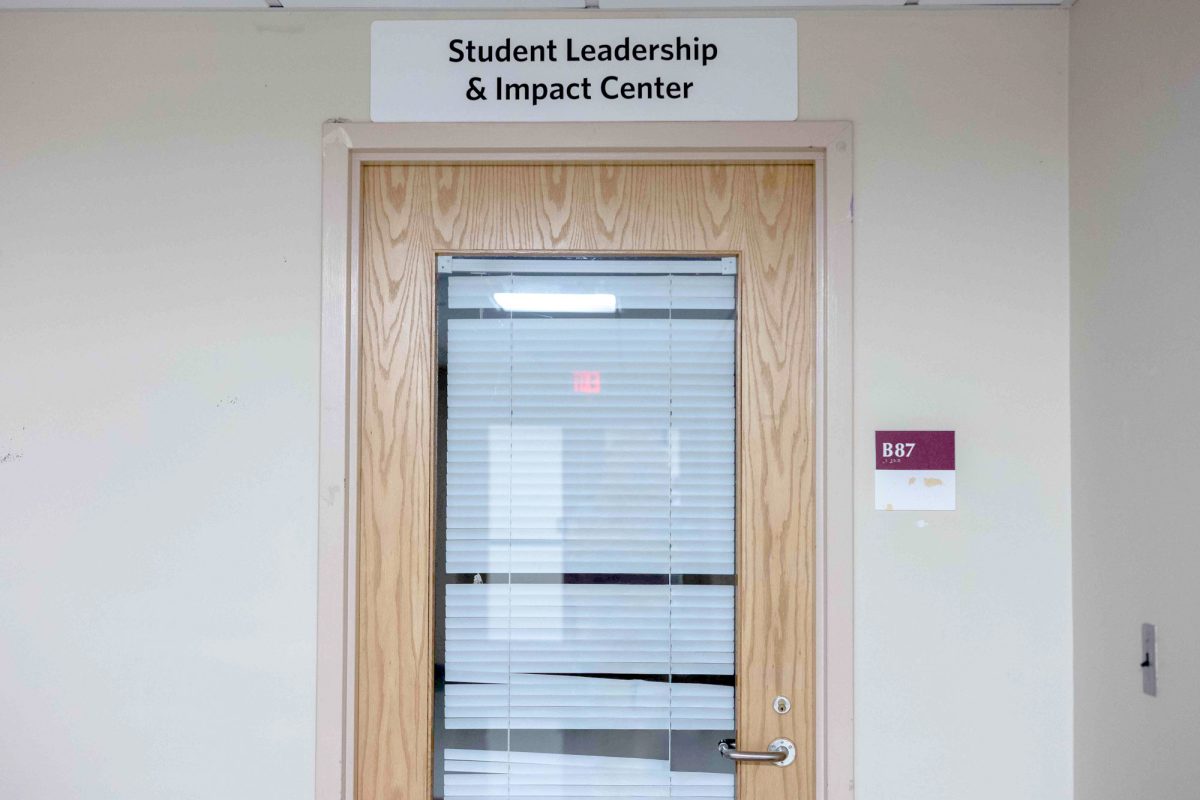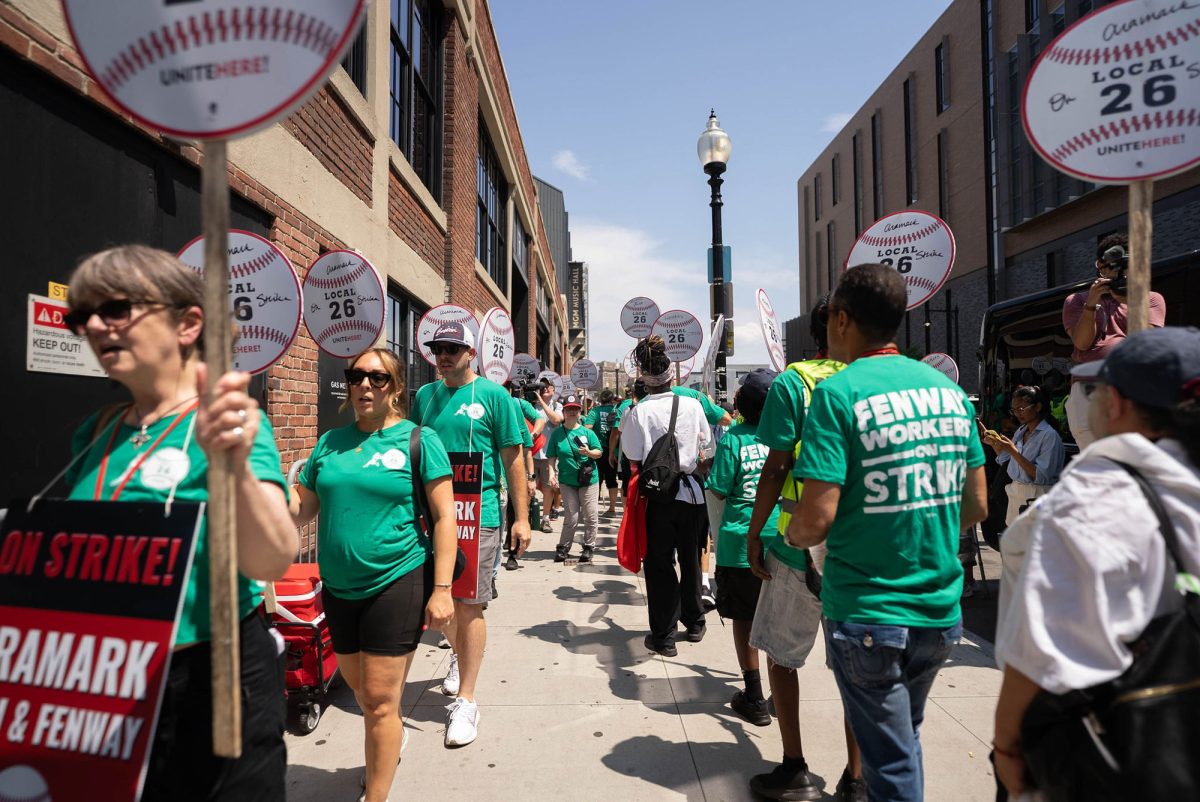The Supreme Judicial Court ruled March 30 that same-sex couples coming to Massachusetts for a marriage license and then returning to their home states to live is unconstitutional, upholding a 1913 statute forbidding marriages that would be void in the couple’s home state.
The decision, which passed by a 5-1 vote, was the result of two cases filed by a group of eight out-of-state homosexual couples married in Massachusetts. Gov. Mitt Romeny revoked the marriage licenses in 2004, according to the original plaintiff’s complaint filed in Suffolk Superior Court in June 2004, and the eight couples brought the case to the Supreme Judicial Court.
Massachusetts, which is the first and only state to legalize same-sex marriages, has experienced a flood of same-sex couples from across the country seeking marriage licenses, despite an order from Romney’s office forbidding the state from issuing licenses to out-of-state couples, in compliance with the 1913 law. According to the plaintiff’s complaint, the couples named in the lawsuit were married by city clerks who ignored Romney’s request.
“We had filed the lawsuit [on behalf of the couples] and then the American Civil Liberties Union filed it on behalf of the clerks who objected to the law,” said Carisa Cunningham, director of public affairs for Gay ‘ Lesbian Advocates and Defenders. “They started as two separate suits, but proceeded in the same direction.”
According to Paul Cates, the public education director of the ACLU’s Lesbian Gay Bisexual Transgender Project, the 1913 law does not have an anti-homosexual bias, but the court’s interpretation of the law in this instance could be discriminatory.
“Gay people are being singled out,” Cates said. “I think it certainly would have been within the Court’s power to find the law unconstitutional, but they chose not to.”
Massachusetts Attorney General Thomas Reilly said he agreed with the Supreme Court’s ruling, although the decision does not reflect his stance on homosexuality or same-sex marriages.
“I support same-sex marriages in Massachusetts,” Reilly said in a March 30 press release. “I agree with the Court’s decision. Massachusetts should respect the laws of other states just as we expect them to respect ours.”
Although disappointed with the final ruling, Cunningham said GLAD members are working to establish the legitimacy of some of the marriages named in the original lawsuit, specifically those from Rhode Island and New York, by proving that these states do not explicitly outlaw same-sex marriages in their constitutions.
Cates said Massachusetts same-sex marriage advocates must approach the state legislature if they want the original law overturned.
Both Cates and Cunningham said their organizations will continue to fight for the rights of married same-sex couples on a state-by-state basis. Both GLAD and the ACLU have a number of lawsuits pending in courts across the country aimed at achieving legal recognition for married homosexual couples.
“As more Americans see that nothing really bad happens when same-sex couples marry, we hope that more states will recognize the unions and that we can eventually bring the entire country to recognize them,” Cates said.






















































































































